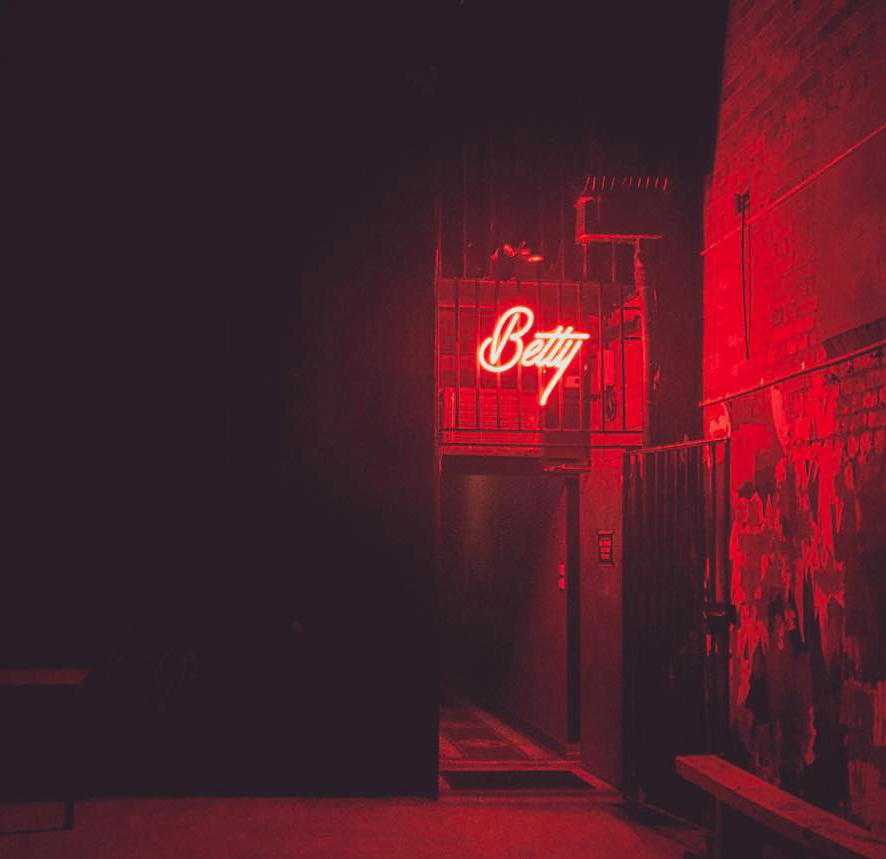Having already released so many albums and being so well-versed in both contemporary and classical music, Ryder-Jones could easily choose to recycle his old sound and settle in for royalties. Thankfully, this is not the case; the new album is dense and dark, with a sharp guitar sound that lends itself to the harder rock-like inclinations of Ryder-Jones’ new era.
“This album is much more subtle than the others. I wanted to make the record quite dense and quite unpalatable. I wanted to make it more challenging than the last record, with louder guitar noises and some longer songs.
“I spent time with the melody and lyrics to make sure they weren’t too immediate, because I don’t like those melodies that just slap you in the face. You’ve heard them a million times already. I wanted to write in a way that was a bit more subversive, and hopefully a bit harder to ‘get’, you know?”
Subversiveness is a dense concept that is hard to grasp, and even harder to put into practice.
“You’ve really got to just sit down with a pen and paper, knowing what you want to achieve, and set out to achieve it,” says Ryder-Jones. “Then you mull around, you edit, you change syllables and you change little bits of the melody until it’s vague enough to convey the message you want to convey.
“For me, the only thing that matters is the melody. I just need to make sure the lyrics are staying out of the way of the melody, so I spend way more time on the melody than anything else.”
Having previously played in the band The Coral, this is Ryder-Jones’s fifth studio album for his solo career. Becoming a solo artist seems hard enough, but Ryder-Jones also produced the whole album with his own two hands.
“I just like to be in control, I think. I like to do everything, I know how I want it to sound – I think most musicians know how they want their [albums] to sound and would rather do it themselves. I’m in a privileged position where I can do that because I work as a record producer – 90% of my time is spent producing other artists. So it doesn’t really make sense to have anyone else do that for me.”
That being said, the new techniques and innovative choices were strictly limited to the music.
“The rule of production is if it sounds good in the room, then it’s easy to record and you just put a microphone in front of whatever it is. Making it sound good is the hard bit, so we work in an old-fashioned way; I don’t like fussing about, so I prefer to have the song sounding good before the pressure of recording,” Ryder-Jones says.
Ryder-Jones brings a craftsmanship to his music; his love for the technical understanding of production and his intense conceptual application of melody makes his work engaging and complex.
This complexity lends itself to Ryder-Jones’ live performances, where fans can witness his instrumental versatility – along with guitar and vocals, he also plays piano, bass, drums, violin, trumpet, ukulele, glockenspiel and harmonica. Though he takes pride in his live shows, Ryder-Jones is under no illusion that he hasn’t mastered that craft yet.
“‘And Then There Was You’ is too high for me to sing, so I don’t know why I fucking bothered with that. It was a terrible idea. But playing the rest of the songs is great, my band is really good now. There are always challenges, like it can be quite hard for my voice to cut through in live performances.
“That being said, lyrically this record is quite sparse. So with Yawn and in my shows, I guess I create a world that people can step into without shooting the message up their arses.”







